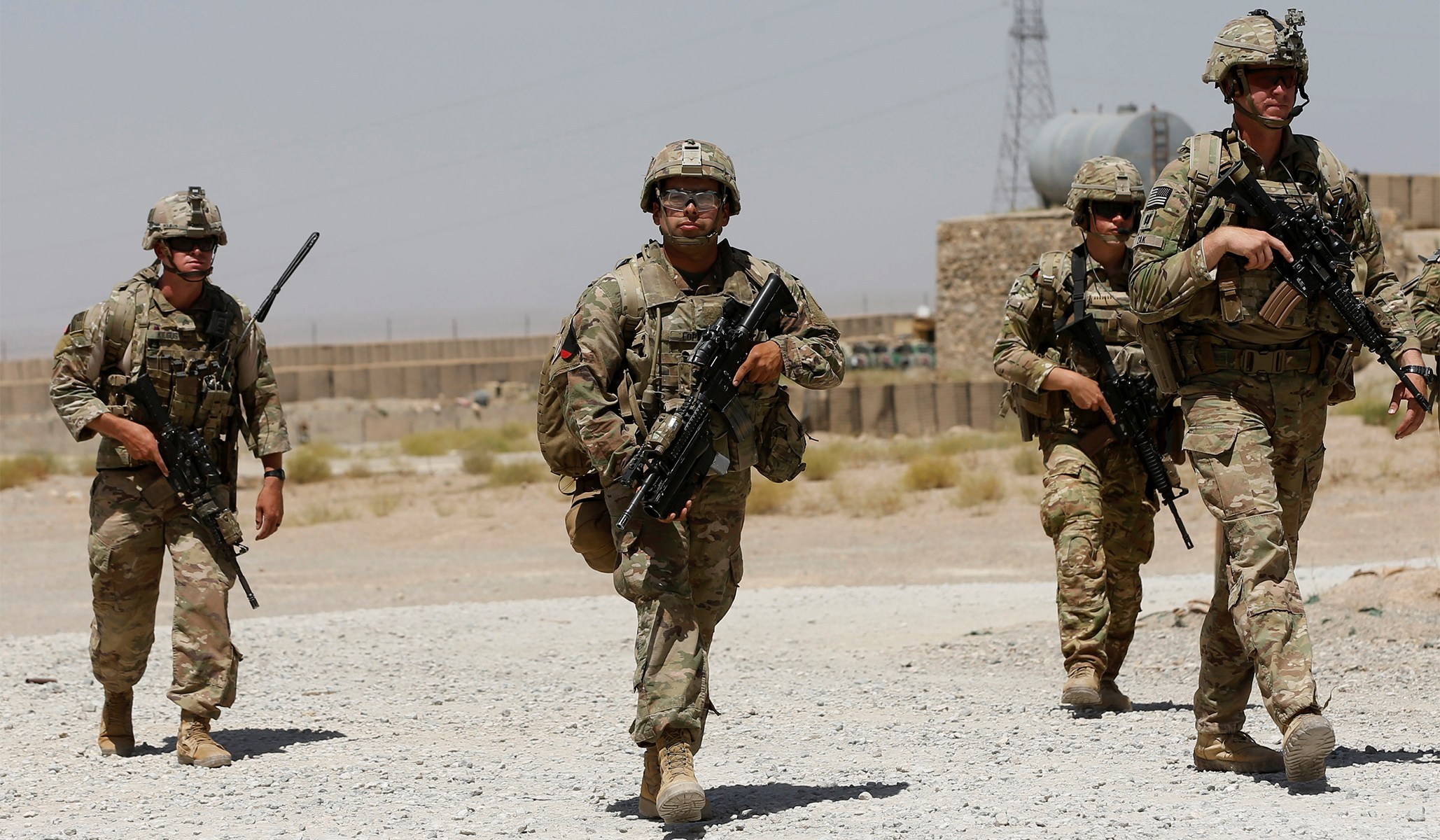Over on the home page, Michael Brendan Dougherty writes an assessment of “Trumpism after Trump,” and it is typically astute and thought-provoking. But there’s one point I would quibble with, when Michael writes, “We haven’t fully withdrawn from long wars where there is no reasonable hope of a satisfying conclusion or national objective to be achieved.”
Fully withdrawn, no. But we’re getting pretty close; the U.S. military presence in these countries is now about as minimal as it can get. As of January 15, the Pentagon says the U.S. now has just 2,500 service members in Iraq and 2,500 in Afghanistan. An estimated 900 troops are in Syria.
Those numbers are smaller than our presence in allied countries such as Bahrain (4,000), Germany (33,000), Italy (12,000), Japan (53,000), South Korea (26,000), Spain (3,100), the United Kingdom (9,000), and comparable to our presence in Belgium (1,100), Kuwait (2,100), Turkey (1,600), and Australia (1,000). (All figures are from the Pentagon and represent the number of troops in a country as of September 30, 2020, rounded down.)
The host governments of Afghanistan and Iraq may still be fighting the Taliban, militants, ISIS dead-enders, and the rest, but America’s role in those conflicts has been reduced to the bare minimum. The last U.S. casualty in Iraq driven by hostile action was on March 11, 2020. Six servicemen have died since then in non-hostile actions (vehicle accidents, etc.). The last U.S. casualty in Afghanistan driven by hostile action was February 8, 2020. Five servicemen had died since then in non-hostile actions.
The total U.S. casualties from hostile action in Iraq and Afghanistan for the entirety of 2020 were . . . nine servicemen. If this constitutes “Forever Wars,” that’s an awfully low bar. The ambush in Niger in 2017 killed four Americans; you don’t hear any calls for the withdrawal of all U.S. military personnel from Niger. (As of September 30, that’s 11 Marines and three Air Force personnel, although some portion of the 5,000 personnel categorized as “unknown” may be operating in that country.)
I find a lot of the rhetoric about “Forever Wars” hasn’t changed since the Bush administration, even though the situation on the ground has changed considerably.
To argue that the U.S. needs fewer troops in Iraq and Afghanistan than it currently has in those countries is to argue that the U.S. should have no military presence in the country beyond the Marines to guard the embassy and military attaches working there. The problem is, U.S. embassies and the people who work there walk around with bullseyes on their backs — to say nothing of other Americans living in those countries. Either we maintain a small military presence to assist the host governments in counterterrorism operations out of prudence, or we leave our civilians in those countries at greater risk. I suspect there are some people who think the U.S. should just wash its hands of those countries entirely, shut down our embassies before anyone can attempt to reenact Tehran or Benghazi, and simply not deal with those countries anymore.
The United States closed its embassy in Kabul in 1989 and largely ignored the country for the next decade and change . . . and we all remember how that turned out.













